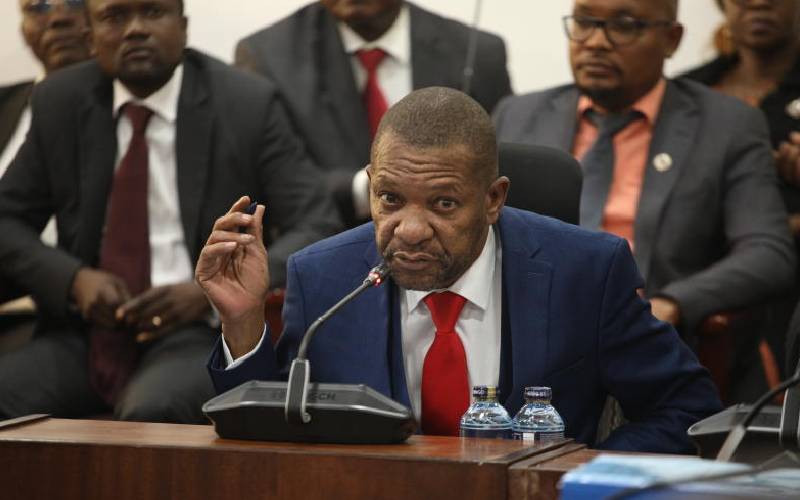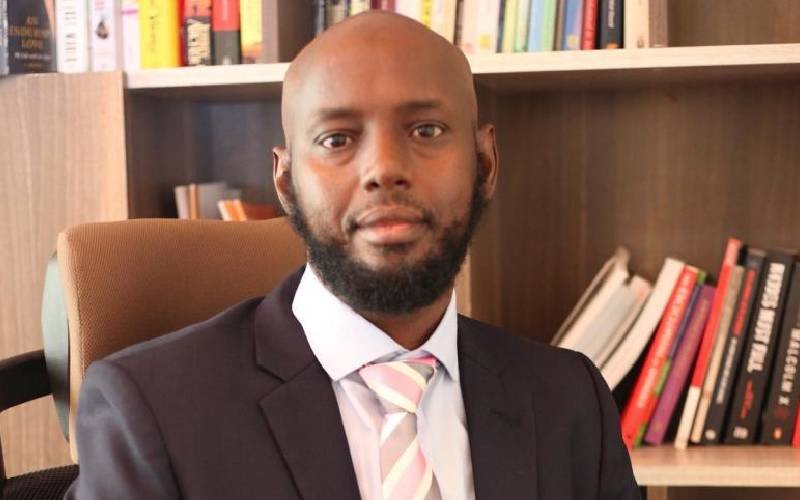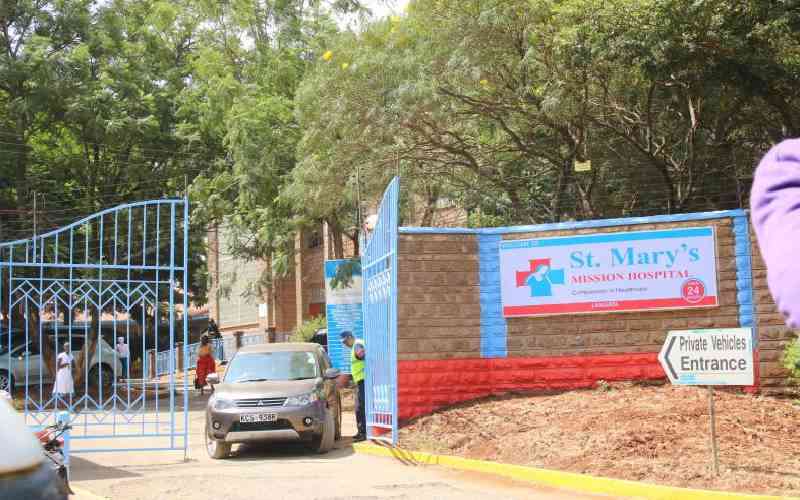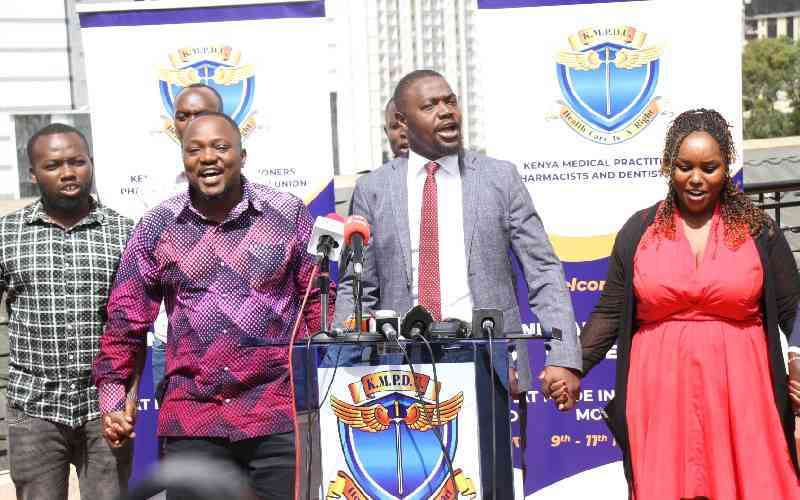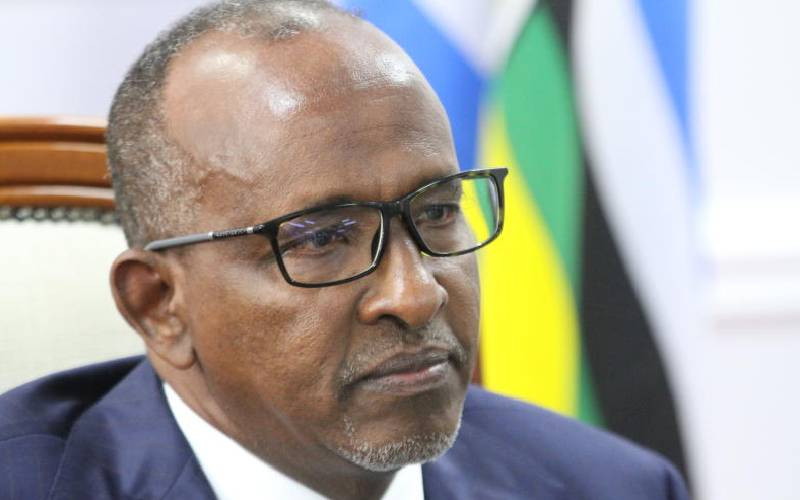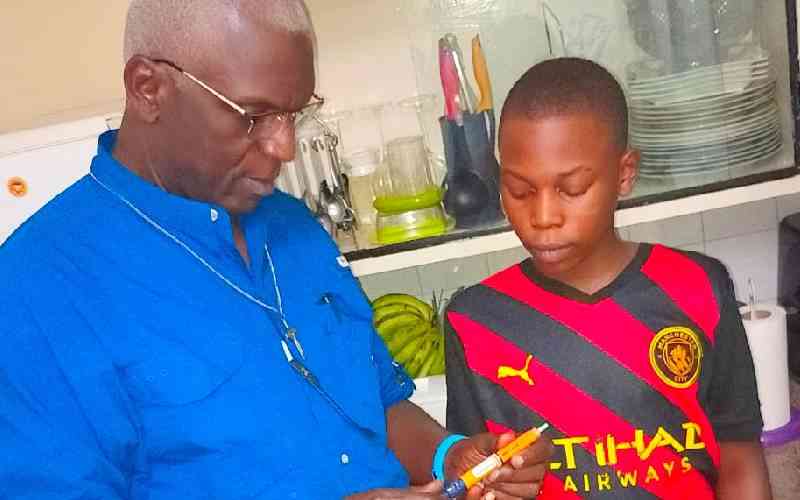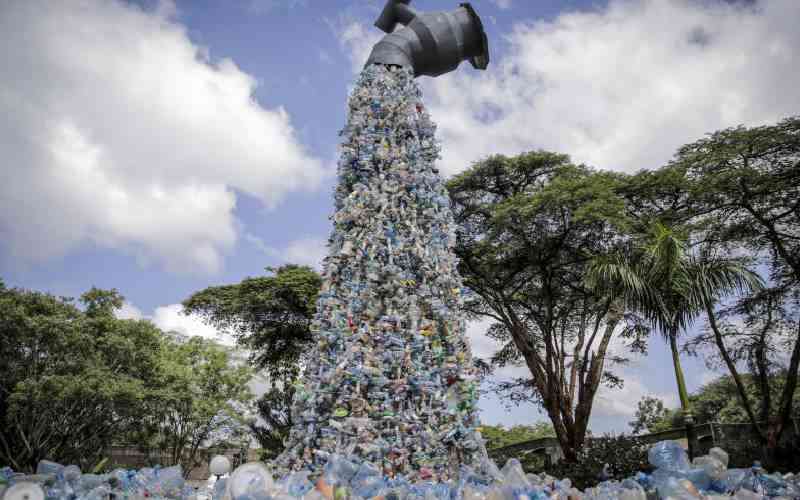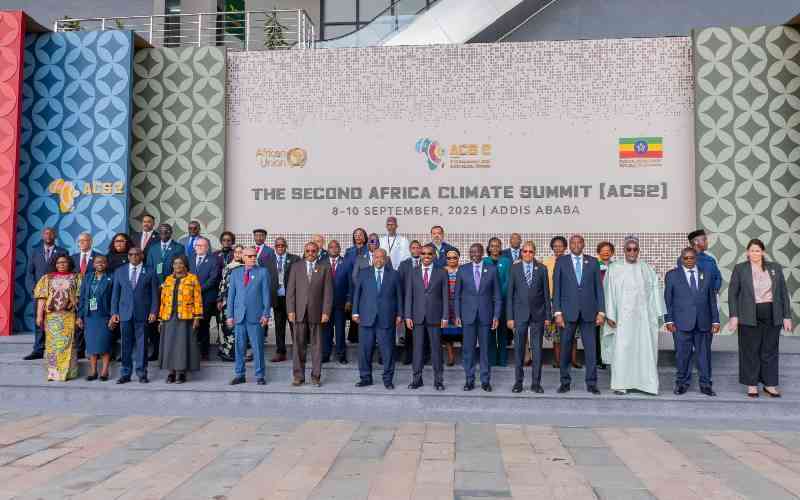
Faith-based leaders have called for urgent, fair and inclusive climate action rooted in justice, equity and peace.
The leaders representing Christian, Muslim, Ethiopian Orthodox Church and traditional communities convened a pre-summit workshop for interfaith leaders to issue a Faith Declaration on Climate Justice.
Climate Justice Programme Manager at ACT Alliance Julius Mbatia noted that, being key in African societies, religious institutions play a key role in addressing climate change and pursuing climate justice.
“The Africa Climate Summit 2 Faith Declaration sets us into a new era where African faith institutions commit to advancing and leading the pursuit of fair, equitable, and just climate action,” Mbatia said.
Faith leaders came together to call for climate justice while urging governments, multilateral institutions, and the private sector to act with urgency and fairness.
Inside their declarations, the leaders called for inclusive governance in adaptation efforts, equity and climate justice as inseparable foundations for resilience.
They also called for debt cancellation, urging developed nations to free resources for climate action by cancelling unjust debt that drains African economies.
- Kenya's refugee hunger crisis driven by global warming - Gore
- Climate: Experts call on countries to invest in early warning signs
- Africa demands climate investment as aid shrinks
Keep Reading
Programme Executive for Economic and Ecological Justice at All Africa Conference of Churches, Tinashe Gumbo, noted that climate change is not just an environmental issue; it directly threatens lives, livelihoods, and communities across Africa.
“We call on political leaders at the Africa Climate Summit 2 to prioritise concrete actions: deliver adaptation and loss-and-damage finance, close the adaptation gap, support indigenous and community-led solutions, expand renewable energy access, and create inclusive, resilient systems that protect the most vulnerable,” Dr Gumbo said.
The declaration also entailed calls to close Africa’s adaptation finance gap with grant-based financing, robust indicators, and climate risk integration in planning.
They called on major emitters to commit to ambitious reductions even as Africa advances a just, inclusive energy transition to expand access to clean energy.
While the leaders noted that Africa remains climate-vulnerable, facing escalating droughts, floods, food insecurity, and displacement despite contributing the least to global emissions, they called on African leaders to build Africa’s institutional capacity to unlock recovery finance and ensure fair access to the Loss and Damage Fund.
The organisations included ACT Alliance, Ethiopian Orthodox Church Development and Inter-Church Aid Commission (EOC-DICAC), Inter-Religious Council of Ethiopia, All Africa Conference of Churches, and the Consortium of Climate Change Ethiopia.
 The Standard Group Plc is a multi-media organization with investments in media
platforms spanning newspaper print
operations, television, radio broadcasting, digital and online services. The
Standard Group is recognized as a
leading multi-media house in Kenya with a key influence in matters of national
and international interest.
The Standard Group Plc is a multi-media organization with investments in media
platforms spanning newspaper print
operations, television, radio broadcasting, digital and online services. The
Standard Group is recognized as a
leading multi-media house in Kenya with a key influence in matters of national
and international interest.


